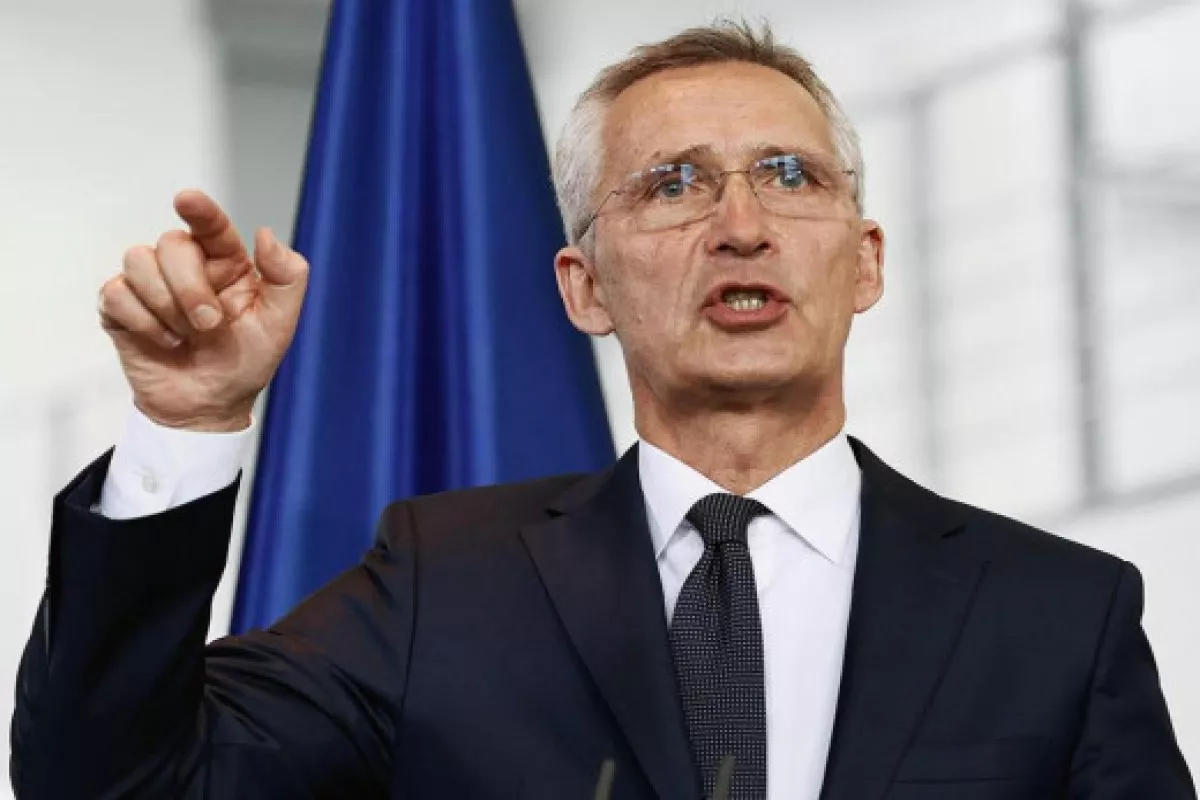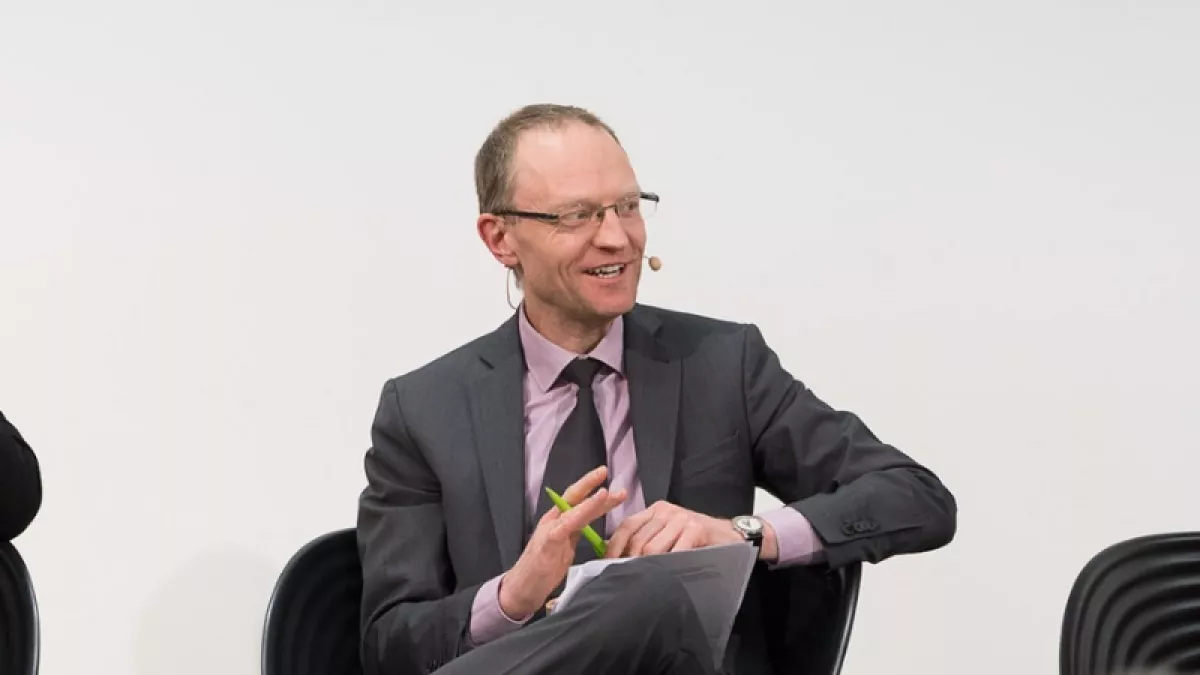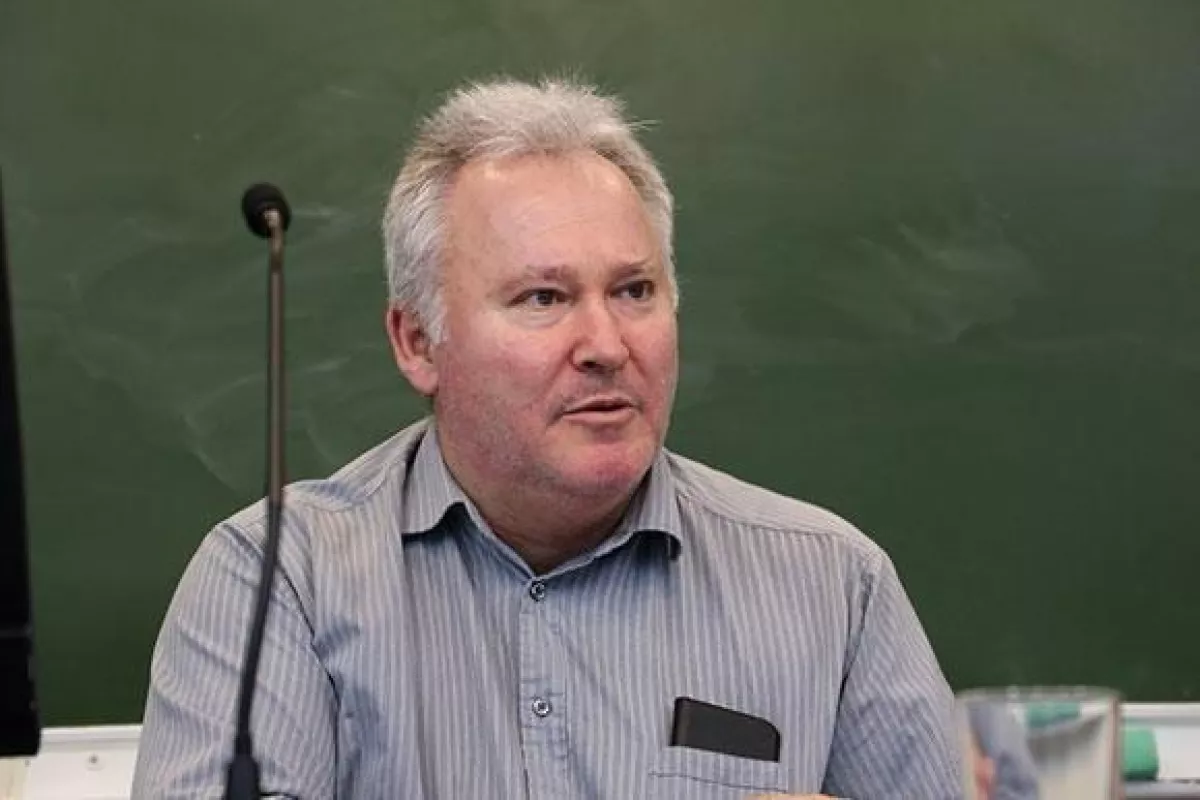Will a European intervention force complement or compete with NATO if created? Experts weigh in
Outgoing NATO Secretary General Jens Stoltenberg, quoted by the Financial Times, has criticized plans to create a European intervention force. He expressed concern that it could exacerbate the alliance's already existing manpower shortage.
“I welcome more EU efforts on defence as long as they are done in a way that doesn’t duplicate or compete. What the EU should not do is start to build alternative defence structures, for instance the intervention force. I don’t understand why there is a need for a different, competing intervention force. It would be a bit strange if the same countries were not able to send as many officers as they should to instead build an alternative structure. Countries can only have one set of capability targets, they can’t have two. That’s NATO’s responsibility. One set of standards, one set of capability targets, one command structure. And that’s NATO,” Stoltenberg said.

The FT also quotes an unnamed alliance official who warned that such duplicate structures “create uncertainty, which only helps the enemy”.
So, as we can see, the controversy over the possibility of creating a so-called European army and how expedient it is, if the West already has a unified army within NATO, has not subsided.
European experts shared their thoughts on this matter with Caliber.Az.

Stefan Meister, Head of the International Order and Democracy program at the German Council on Foreign Relations, said he considers this speech as a reaction to the European Commission's decision to appoint a defence commissioner for the first time and focus EU policy more on security.
“This means that the EU will focus more on defense cooperation, but the commissioner's attention will be primarily focused on the common European defense industry rather than defense. Frankly, I think this is an overreaction by Stoltenberg, there is more or less a consensus among European NATO members that the European wing in NATO needs to be strengthened and that the common European security and defense policy is less relevant for now, barring Russia's massive invasion of Ukraine,” the analyst said.
According to him, with the exception of France, no other European state wants a strong European defense pillar outside NATO, and furthermore, Germany supports strengthening NATO.
“If Trump is elected, European countries will increase their role in NATO and invest more in their NATO capabilities. So I don't see the EU really competing with NATO here.
The only area that may be problematic is the defence industry, but this is a normal development, the Europeans have to strengthen their industry in this sector, and here they will also compete with the US,” Meister said.

Meanwhile, commenting on the NATO chef’s statement, political scientist Greg Simons, PhD (Sweden), noted that Stoltenberg is objectively right in his statements.
“He is objectively right: the emergence of overlapping and competing (in some respects) military systems that are under different command structures and have potentially different goals and objectives will create enormous political problems. Not only because of competition for personnel and capabilities, but also because of competition for increasingly scarce financial resources, which is likely to generate further political divisions and struggles both within and between countries,” the scholar says.
Another crucial issue to be resolved is who will pay for all these military forces and their maintenance, he emphasized.
“Europe is currently deindustrializing due to blind obedience to the US economic warfare imperatives and its geopolitical goals. In short, there is a decline in finances and a decline in political will for these projects that will ultimately benefit only the US. And this is when there are so many financial, social and political problems at the domestic level of European countries,” Simons concluded.








